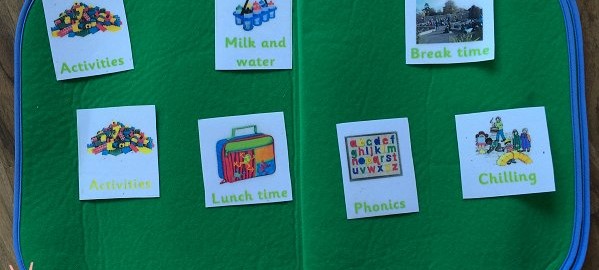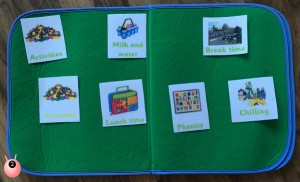Resistant to Change – Meltdown or Avoid
One of the things we were asked during the assessment to determine whether our son had Autism was just how rigid our routines have to be – is our son resistant to change? No he doesn’t like his routine changed and, especially at Christmas, this can be a big thing. However, we do not have to have a really strict routine, with many rituals. Personally we feel that this is because we couldn’t do it, so don’t. My brother (who has Aspergers) was resistant to change – he is now approaching 30 years old and is most likely still playing with his wooden blocks with letters on that he had as a child. Growing up I remember that he had to make sure all his teddies were a certain way before he could even leave the room. Possibly we are ‘lucky’ that our son’s needs are not like that. We do feel that a certain amount of forcing our children beyond their comfort zones, and handling meltdowns (as opposed to avoiding them) is beneficial for the long run.
Resistant to Change Experiences with our Oldest Son
Our oldest son, who has a diagnosis of Asperger’s syndrome, was resistant to change. We would tell him that we would be going to place X via place Y, and if something cropped up and you had to go to place B too he would have a meltdown. It went from changes and big disruptions, to him wanting to know every minute detail, and nothing could change. We were exhausted trying to even plan taking him anywhere, and wished we didn’t have to take him. Days out were so much less stressful without him – which made us feel awful as of course we felt he was a valued member of our family. Even now he is resistant to change, he does not understand why he should go anywhere, or do anything, that isn’t going to directly benefit himself. We are keen to work on this straight away with our little Sensory Seeker.
How does your child deal with changes? We find that even small changes at school can be really upsetting for The Sensory Seeker. Currently he has been wetting himself more often. Does anyone have any tips?


